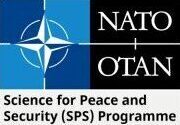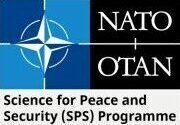OUR MISSION
TERRITORY aims at the development of a portable device made up of readily available gadgets such as a smartphones augmented by a small measuring device and a custom-made electrochemical sensor
Despite the significant progress in developing methods and technologies for diagnostic purposes, developing simple, accessible, and cost-effective testing sets is still a key task.
By varying the used electrode, it will be possible to determine analytes in real-time. Moreover, their interpretation is simple and mediated through the software application, thanks to which the test taker gets the result within
a few seconds.
Based on the required application, the surface of bare electrodes will be appropriately modified to ensure their high specificity. To improve the catalytic activity towards analyte oxidation, various metal nanoparticles, metal oxide nanoparticles, and biological components (aptamers, proteins) can be deposited on the electrode surface. By a simple change of a used electrode modification, there is the possibility to build a sensor with high specificity for the required analyte. Based on our previous research we know that Ni particles deposited on the electrode surface catalyse insulin oxidation. Besides that, Au particles have a high affinity to glucose and Au-modified electrodes represent an ideal way for glucose determination. Effective immobilization of biological compounds like aptamers on the electrode surface are required for the specific detection of viral particles. Gaining comprehensive knowledge of electrode surfaces and suitable aptamers will ensure rapid adaptation of the developed sensor to different types of viruses according to the current needs of society. Moreover, it will allow an individuals to self-test, which will ultimately reduce the time, overall consumption of personal protective equipment and human resources. In order to simplify interpretation of the obtained electrochemical measurements by laymen, an application will be developed to evaluate the measurements results in few seconds making them easily comprehensible for the user. The result of the project will be a prototype of an electrochemical sensor tested for the determination of bioanalytes (insulin, glucose), viruses (SARS-CoV-2, influenza e.g.), and antibiotics. By studying the mechanism of analyte determination, these sensors will represent a proof of concept for the development of a device for the detection of various analytes in a short time, depending on the military and civilians needs.

